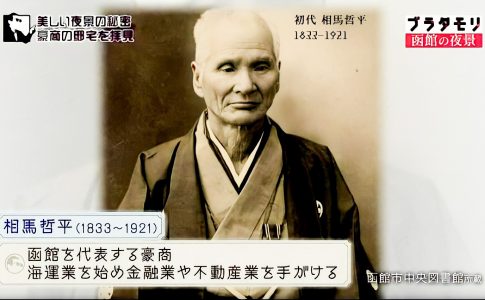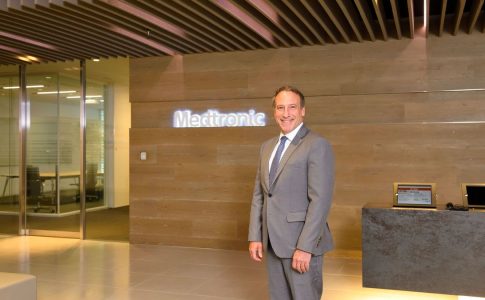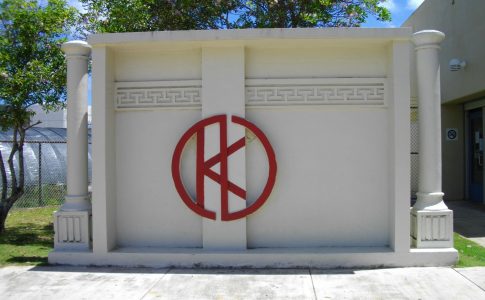At the helm of SOMPO Holdings (SHD), a leading figure in the insurance industry dubbed the “Don of Losses,” CEO and Chairman Kengo Sakurada has announced his resignation effective the end of March. This decision was revealed in a press conference on January 26th, following administrative actions by the Financial Services Agency (FSA) and the final report of an external investigative committee. When asked if his departure was a resignation of responsibility, Sakurada left the judgment to the media, lightly touching on “resulting responsibility” without showing deep remorse. Furthermore, the press conference left lingering doubts, particularly regarding Sakurada’s severance package.
Sakurada stated his reason for stepping down was to not miss the opportunity for SHD’s rebirth in realizing its purpose, asserting his future non-involvement in any executive or advisory capacity within the group. Despite acknowledging there’s room for improvement in risk management, Sakurada refused to admit to any mismanagement on his part.
The core issue, however, revolves around the so-called Big Motor (BM) scandal, where customers’ vehicles were deliberately damaged to fraudulently claim insurance money. SHD Group is suspected of overlooking or even encouraging such fraud through its “full assessment-less” system by removing accident investigators known as adjusters.
Our magazine confronted Sakurada with the fact that, as a business leader, it’s implausible he was unaware of BM, a top agency, until media reports in July 2022. If he was aware and overlooked it, it’s a breach of duty; if not, it’s a violation of his duty of care.
Sakurada claimed ignorance regarding BM, accepting any blame for not knowing. We further pressed on how inflated claims by BM harmed not just Sompo Japan but all auto insurance policyholders nationwide, as they ended up paying higher premiums. Sakurada acknowledged the inconvenience caused and expressed a desire to address it within their preventive measures.
Here lies the essence of the issue: SHD’s financials aren’t hurt by overpaying BM; the real losers are the auto insurance policyholders nationwide. It’s suspected that such fraudulent activities were overlooked due to the interdependent relationship between BM and Sompo Japan, facilitated by a system that ultimately recoups excess payments through premium hikes.
Sakurada’s departure, announced without prior hints, raises questions about possible behind-the-scenes agreements with authorities to halt further probes. His choice of “retirement” over “resignation” hints at a significant difference in the severance package he will receive, a topic SHD is keen to avoid, evidenced by a moment of hesitation and a look towards an external director for an answer during the press conference.
Indeed, SHD has no formal severance package for executives, but “retirement” doesn’t mean Sakurada won’t receive anything. The introduction of a phantom stock scheme on April 1, 2023, suggests a potential substantial cash payout in three years, contingent upon SHD’s stock performance.
Questions about whether Sakurada will be granted phantom stocks and the exact amount remain unanswered. This method resembles the compensation strategies of disgraced Nissan executive Carlos Ghosn, who received around 4 billion yen over seven years through a similar stock appreciation rights scheme.
The new CEOs under Sakurada’s influence might prioritize stock price maintenance over the next three years, potentially perpetuating SHD’s criticized profit-over-customer benefit culture. Sakurada should voluntarily resign and refuse the phantom stock to break this cycle.
Lastly, the Nomination Committee, having supported Sakurada throughout his tenure, should also see accountability, particularly its chair, who has shielded Sakurada till the end. A shared departure with Sakurada would be the proper course of action, marking a decisive step towards rectifying SHD’s governance and restoring its commitment to prioritizing policyholder interests over internal gains.












Leave a Reply